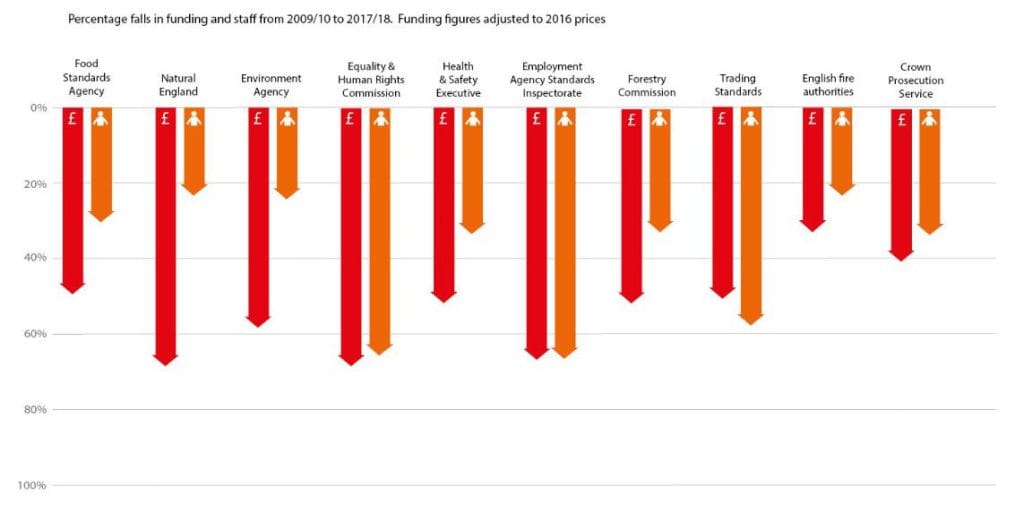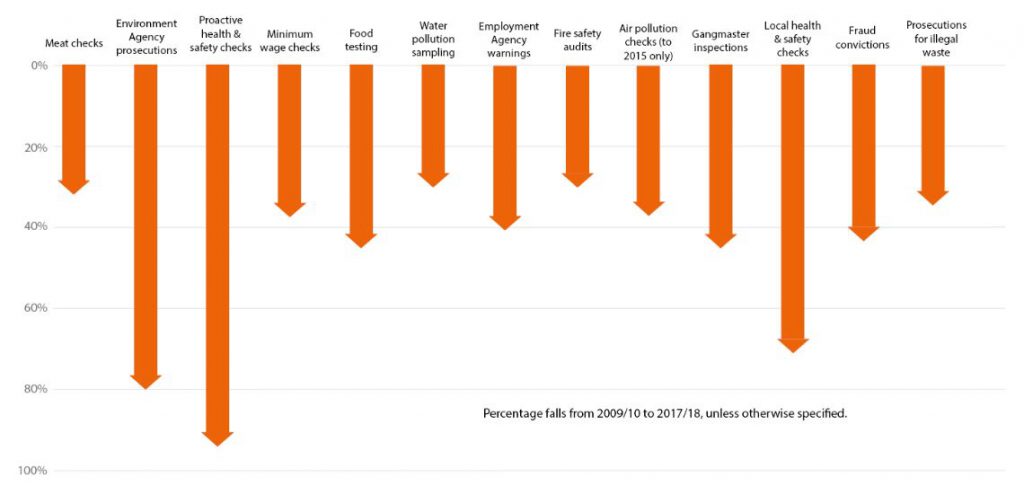UK eyeing access to EU’s chemical safety data
https://www.stefanscheuer.eu/wp-content/themes/osmosis/images/empty/thumbnail.jpg 150 150 ioana bere ioana bere https://secure.gravatar.com/avatar/2f1488215f0e5e2381f544cefcef2dc7?s=96&d=mm&r=gThe UK is looking to negotiate access to the EU’s chemical safety data, the world’s largest chemical database managed by ECHA. It is also proposing that each party could require a consultation on the scientific information, as set out in its chemicals annex proposal for a trade deal. Data access would resolve many of the problems associated with setting up a separate UK database, particularly the cost on industry of re-registering and providing duplicate safety data on chemicals that are already registered with ECHA. Even after this phase-in period the UK database would have far less information in it than the EU’s. It took the EU over ten years with a total budget of EUR 1 bn to ensure the registration of all chemicals on the market and to execute a minimum level of quality checks – a process which is still ongoing.
The EU has refused to discuss specific requests like this, which it perceives as cherry-picking, unless there is an agreement on the level playing field, including on state aid, environmental principles such as precaution, and other aspects of regulatory cooperation.
However, the UK has rejected these demands so far on the grounds that it would impede its ability to act like a sovereign state. For example, the UK prefers to work with what it describes as a science-based approach, something which does not exist in the EU treaties.
A process by which the UK could require the EU to consult with it on scientific information could be perceived as the tail wagging the dog, as one EU expert in the talks called it.




